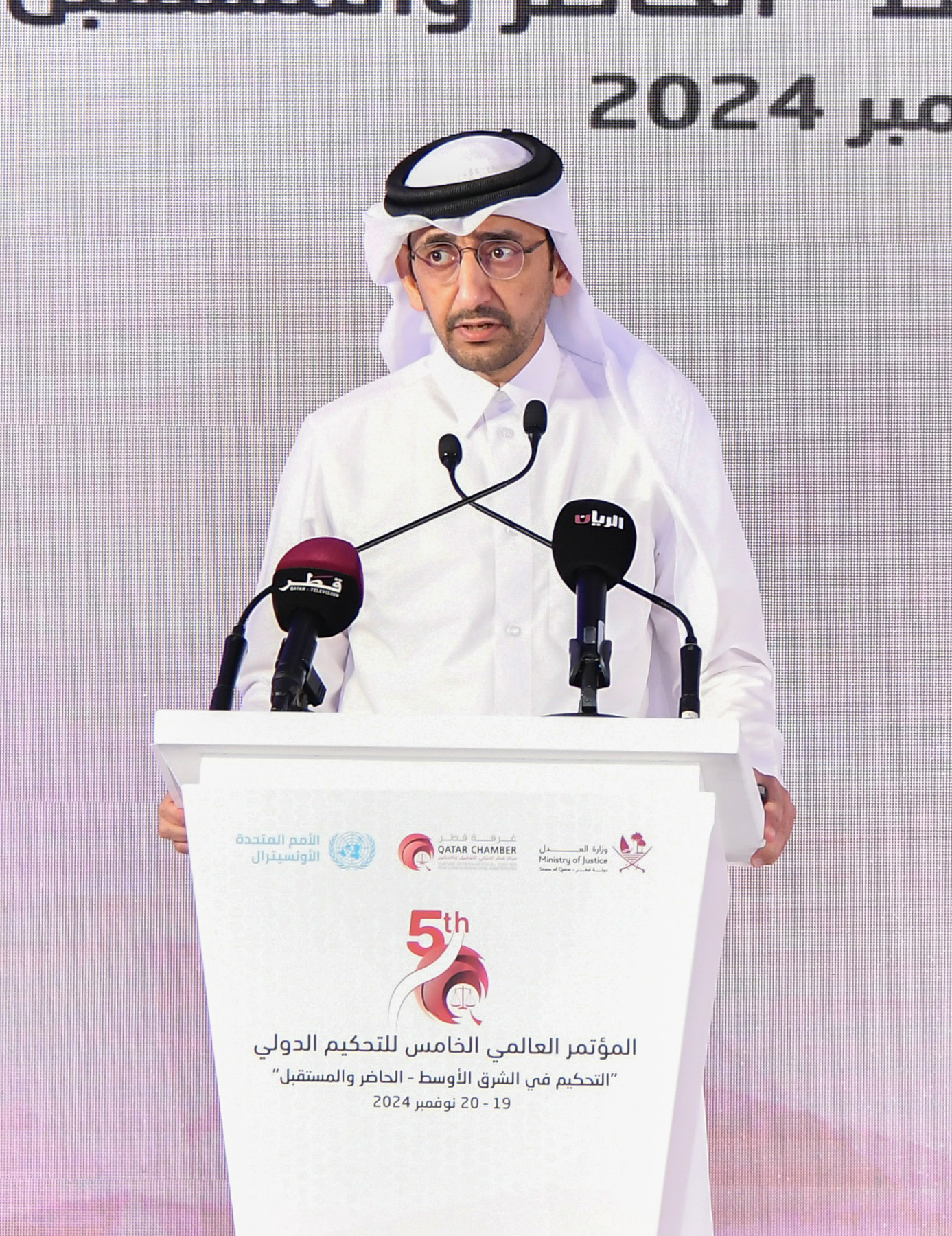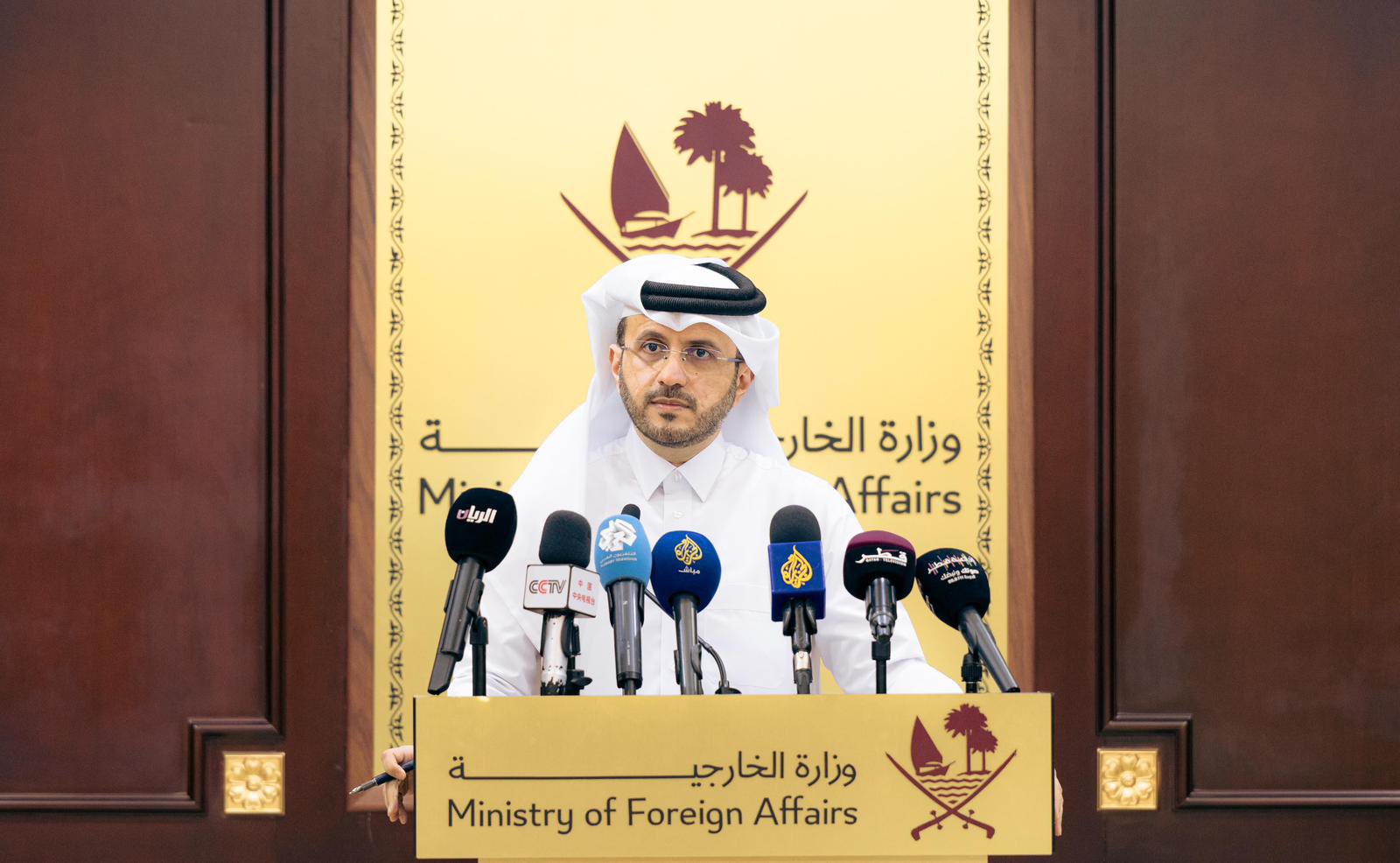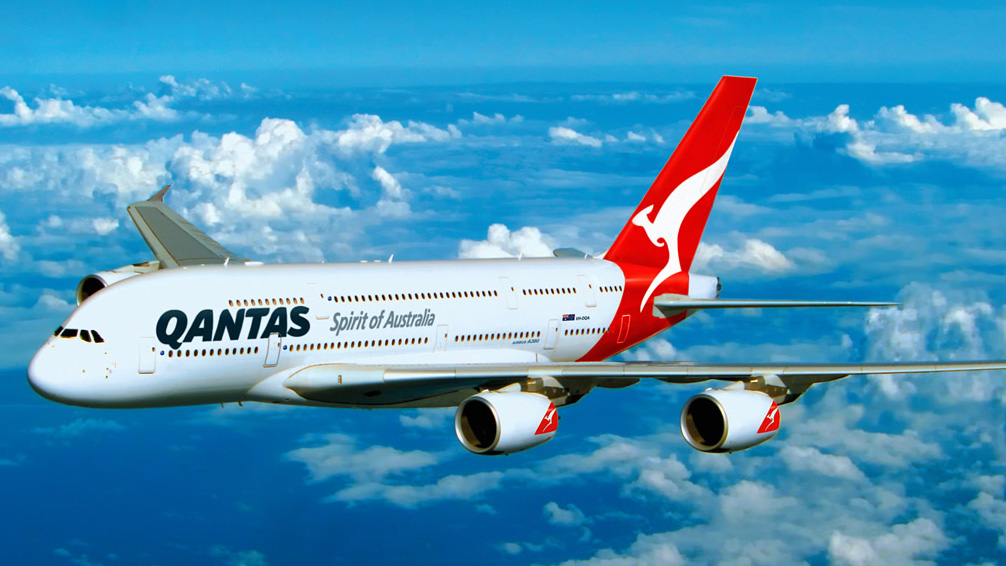The war on Gaza has etched out clear internal divides within the EU that have been highlighted in votes on UN resolutions and statements by officials.
The European Union’s Foreign Policy chief Josep Borrell is heading to Qatar this week as part of a global scramble for a ceasefire in Gaza, the European official confirmed on Monday.
“To contribute to this political dynamic, the day after tomorrow, I will begin a visit to Israel, Palestine, Bahrain, Saudi Arabia, Qatar and Jordan,” Borrell told the press in Brussels.
The top EU official also pointed to an international “political and moral failure” in ending the crisis that is affecting “Israeli and Palestinian human lives.”
“This dramatic crisis, with its very high cost in terms of Israeli and Palestinian human lives, shows the political and moral failure of the international community in failing to find a solution to this conflict. This tragedy should be an occasion for everyone to understand that a solution must be sought that can only be based on the construction of two states,” Borrell added.
Borrell’s remarks came as he left a Foreign Affairs Council meeting where he said he submitted a proposal that received support from participants in attendance. The proposal displayed a clear rejection to the forced displacement of Palestinians from Gaza and Israeli plans to re-occupy the Strip.
It also called urged officials to avoid disassociating Gaza from the overall Palestinian issue, stressing that the enclave should be governed by a legitimate Palestinian authority.
The EU has been vocal in its support for Israel’s “right to self defence” since the beginning of the brutal war on Gaza and has condemned Hamas’ October 7 operation, ‘Al Aqsa Flood’.
The historic operation saw Palestinian resistance fighters from the Al Qassam Brigades break out of Gaza and infiltrate occupied territories from air, land and sea before then returning with some 242 captives.
The operation marked the biggest Palestinian attack on Israel in modern history, in which at least 1,400 Israelis were killed. Israel has since used the operation as the pretext for its brutal aggression on Gaza, the most violent in years, while admitting its security and military failure at the time of the attack.
Since the start of the war, Israeli occupation forces have killed more than 11,200 Palestinians, including 4,600 children, though the numbers are expected to be higher.
The EU has also backed Israel’s allegations against Hamas which claim Palestinian fighters have been using hospitals in Gaza as launch points for attacks on Israel and using civilians “as human shields” despite no evidence backing such statements.
In a statement on Monday, the EU condemned “the use of hospitals and civilians as human shields by Hamas” and called for “immediate pauses in hostilities” to enable the entry of aid.
The European bloc’s call for a “pause” rather than a complete ceasefire in Gaza echoes similar statements made by Israel’s key allies, namely the United States.
The EU and the US designate the Palestinian resistance group as a terrorist organisation.
Internal divide
The war on Gaza has etched out clear internal divides within the EU that have been highlighted in votes on UN resolutions and statements by officials.
On October 27, a Jordan-proposed resolution that called for a ceasefire in Gaza saw some EU countries vote in favour, including Spain, Ireland, and France, while others voted against.
Meanwhile, millions of pro-Palestine supporters and anti-war activists gave flooded the streets of major European cities in what has been described as unprecedented levels of solidarity with Palestinians.
Such growing support for Palestine has also been displayed online.
Data shared by The Economist last week showed a clear decline in sympathy for Israel online by analysing one million posts from Instagram, X, and YouTube between October 7 and 23.
Using dmr, an ai-technology firm, the Economist gathered posts with hashtags on social media that showed support for Israel and Palestine.
The ai technology found both sides had an equal number of support on October 7, but sharply decreased by October 19 when pro-Palestine support became 3.9 more common than support for Israel.
According to the Washington Post, social media applications like Facebook and Instagram have also shown a gap between Palestinian and Israeli standpoints, despite Meta’s shadow banning tactics.
Israel admitted its online defeat on Monday, with Foreign Minister Eli Cohen saying that the occupying state has been struggling to push forward its narrative over the past month after initially receiving “air train of solidarity and support visits”.
“We managed to draw the coverage of the massacre and the difficult images for over a month. But in recent days, the world media mainly shows images from Gaza,” Cohen said.
He added: “There were 45 such visits, including 30 foreign ministers and heads of state, including the leaders of the USA, Germany, Great Britain, France and other central countries.”







